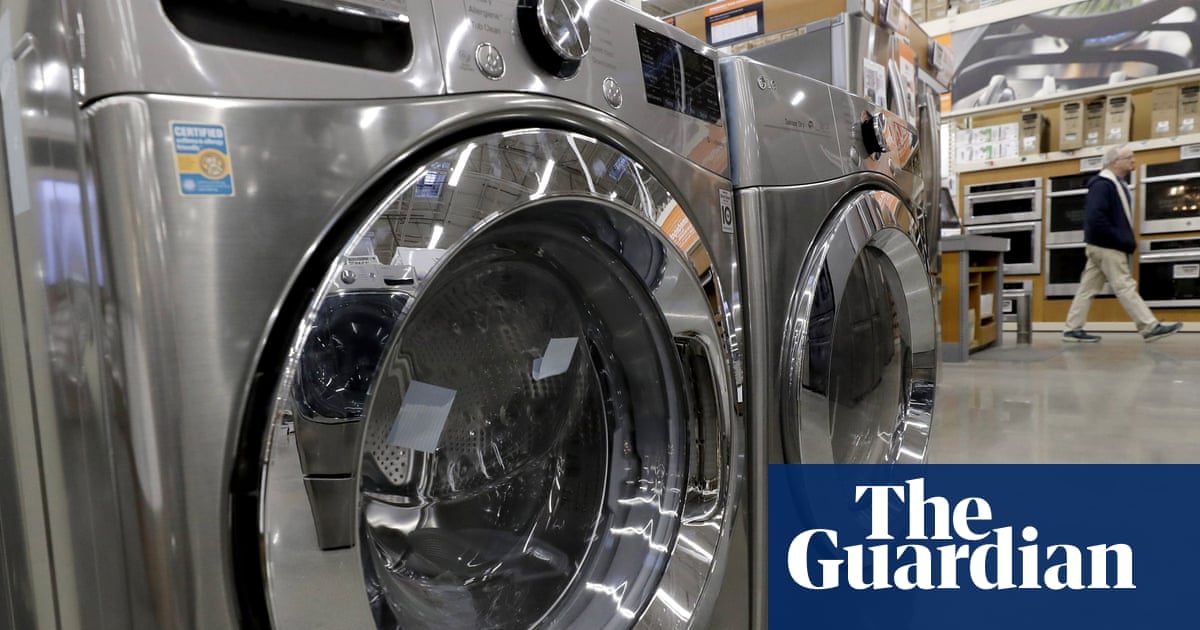Since the election, Trump has promised to immediately impose a 25% tariff on Mexican and Canadian imports, along with increasing existing tariffs on Chinese imports by 10%. On the campaign trail, Trump said he would put tariffs of 10% to 20% on all imports.
Economists widely agree that prices will increase with tariffs. Though the policy is meant to encourage American companies to produce their goods domestically, the global supply chain has become so entangled and interconnected that for many companies, the most simple thing will be to pass the cost of tariffs on to consumers – executives from multiple companies, including Walmart, Columbia Sportswear and AutoZone, have said they will do as much.
In a November Harris/Guardian poll, nearly half (44%) of respondents said they were planning purchases before Trump entering office, while nearly two-thirds (62%) said they were at least adjusting their financial plans for next year.
It’s like a run on the banks, except it’s a run on the Walmarts.



I upgraded my solar power setup with cheaper chinese LiFePO batteries and more panels recently, because the prices had never been cheaper and the future looks like not the best in that regard. The lithium batteries were actually cheaper for larger ones than the lead-based batteries I bought a couple years back.